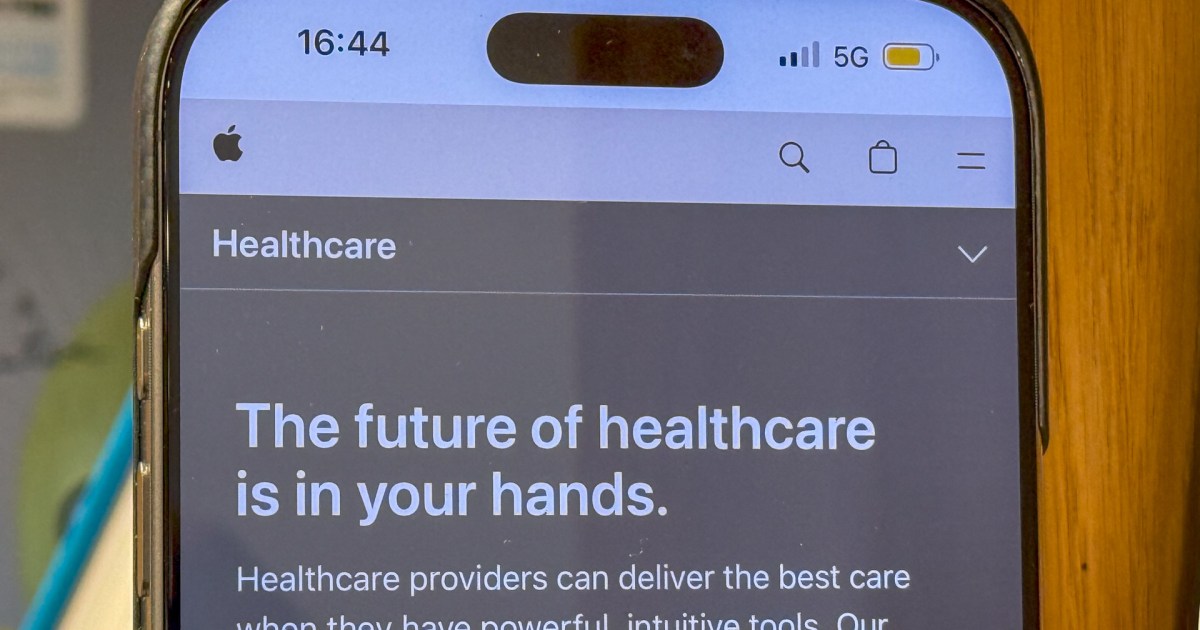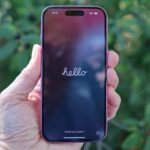We’re entering a fairly crucial part of the year for Apple. Yes, it’s not the iPhone launch season, which is arguably still the most important part, but it is WWDC time, and it is a first look at the future of Apple’s ecosystem.
With WWDC 2025 a month away, we haven’t heard much about what Apple has planned, but we know that the event will focus heavily on AI. There may be new hardware in the AirTag 2, but we will learn more about the future of Siri. It’s been a year since the new Siri was announced, but Apple has already confirmed that the features will take another year to roll out.
Apple is also expected to debut a redesigned Apple Health, including a new AI Doctor, which could transform the health of millions of users. We’ve heard many stories about how Apple Health has helped save lives, but many changes could help Apple save even more.
Here are three key areas Apple can improve in a redesigned Apple Health.
1. A true AI-powered doctor
Since I had a heart attack five years ago, Apple Health has been key to my health. I always wear an Apple Watch, currently the Series 10, and all platform-agnostic devices are synced to my iPhone. Why not an Android phone? Apple’s deep integration with medical records.
In the US, Apple partners with electronic medical record programs to automatically update its health app with medical records. Did you have a blood test, get a new diagnosis, or get new medication? There’s no need to update the app; it’ll pull the details directly from your doctor.

Apple Health also integrates with everything I use, including my Dexcom CGM for diabetes, so it has a lot of data about me. Yet, Apple doesn’t do anything with it.
There are many different ways Apple can approach an AI-powered doctor. The one that matters the most to me is faster device syncing and the ability to recall information via Siri. When I’m driving, I don’t want to fiddle with my phone to read my glucose; I want to be able to ask Siri for the current reading and trend. This way, I can decide whether to stop or wait to eat.
Count me in if this is the future of an AI-powered Doctor integrated in Apple Health.
2. A more holistic approach to Health
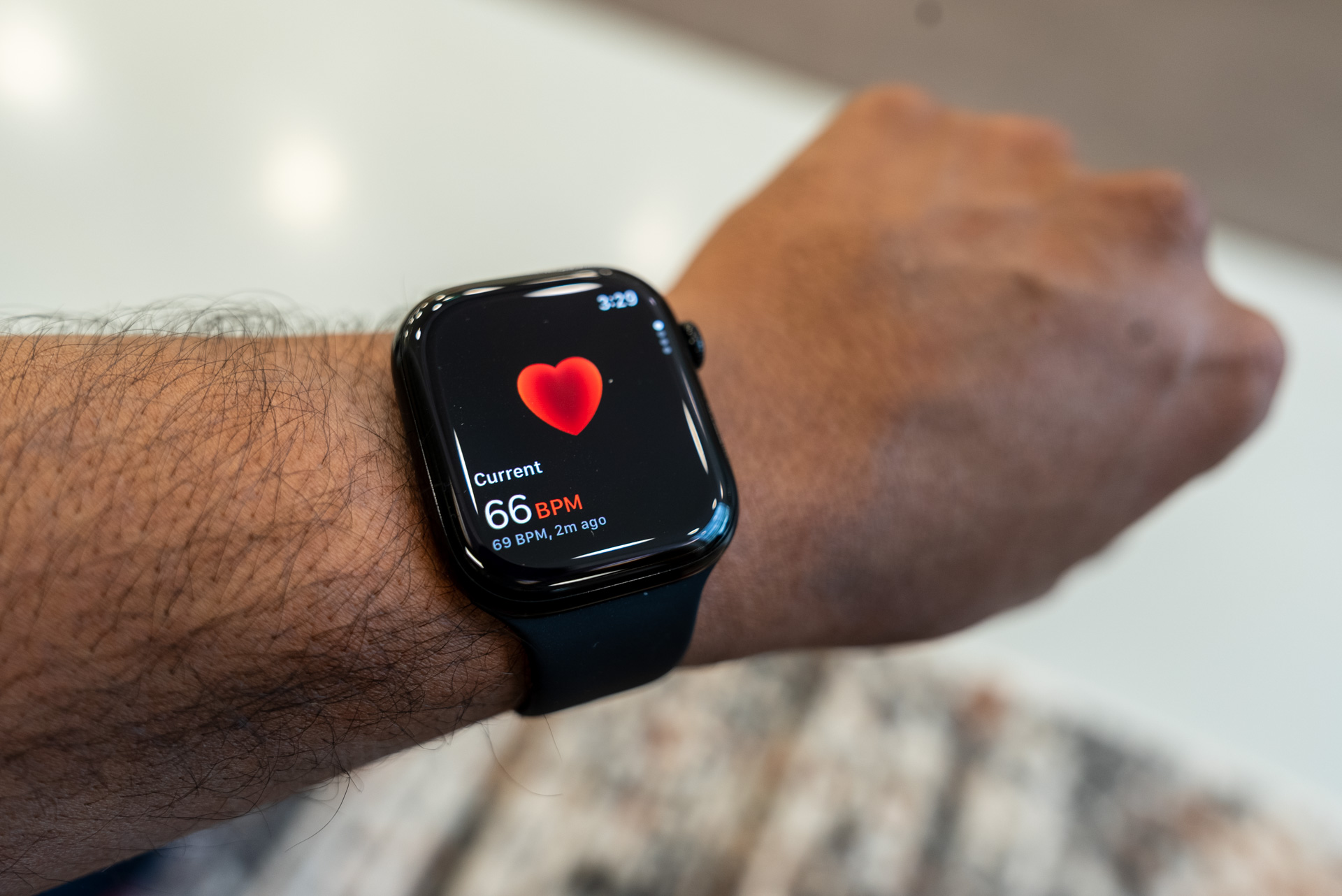
Apple Health has a lot of data about you, making it harder to navigate and understand than rival fitness trackers like Whoop and the Oura Ring. I hope a redesigned Apple Health will focus on holistic health, and in particular, accurately tracking a wide range of biomarkers with just your Apple Watch.
Failing that, Apple could surface app-specific data and make Apple Health a way to understand your entire health in one place. It arguably already does this, except Apple Health’s current approach requires you to search for data and make deductions yourself.
Part of this involves tracking food, more detailed sleep reports, and getting a deeper understanding of your activity levels using footage captured on your phone. These are reportedly part of the new Apple Health, which isn’t expected to launch until iOS 19.4 next year.
3. Health and Fitness under one roof
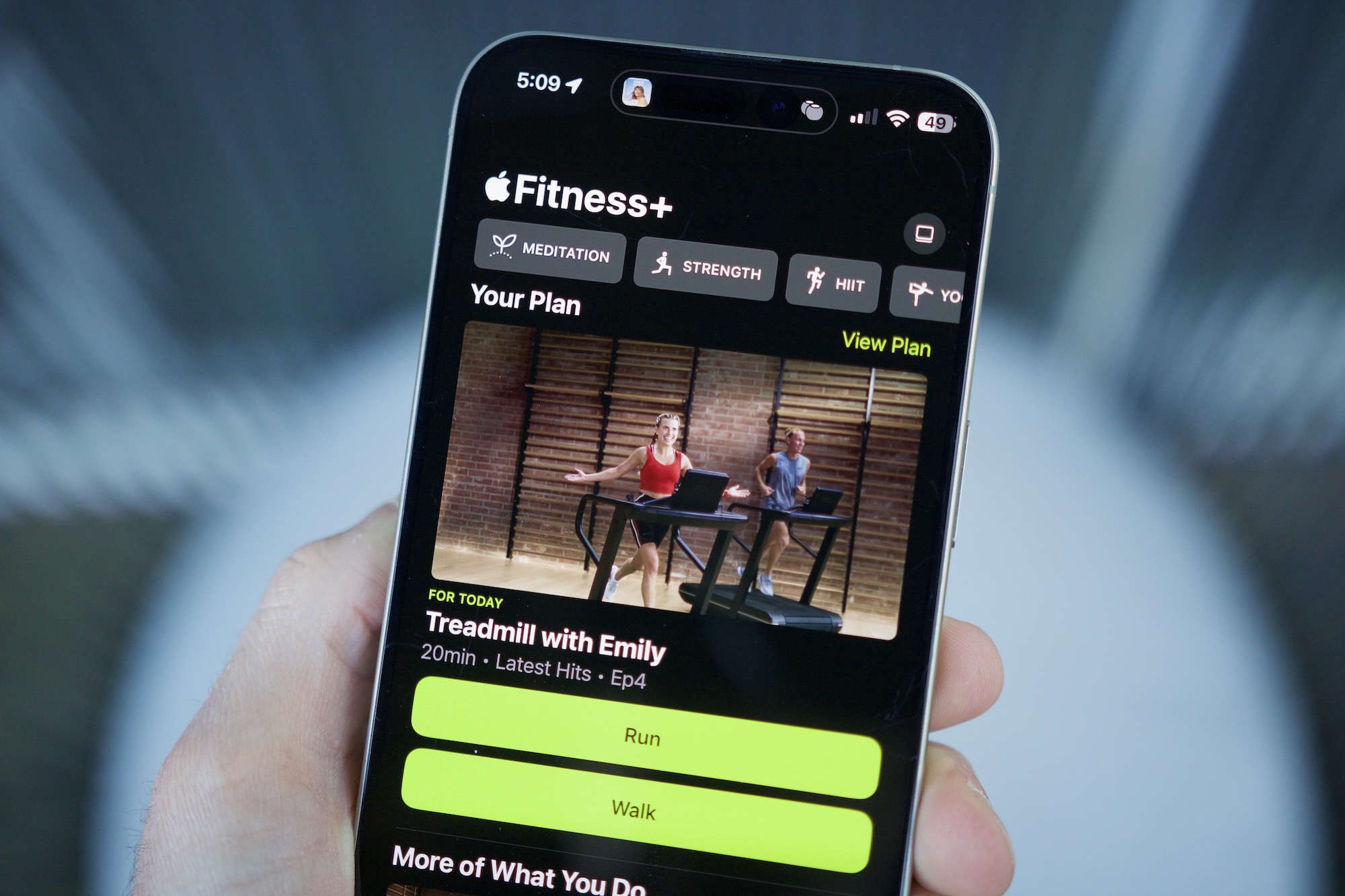
Apple Health is unique as it doesn’t incorporate fitness, with Apple preferring to keep that under a different name with a different subscription. This makes sense from a business perspective, but results in a disjointed experience that should be far more straightforward.
My ideal solution would be to bring Fitness+ inside Health and use the data, plus the new AI doctor, to suggest workouts tailored for specific users. Apple has a lot of data to learn recommendations from, especially if it anonymizes it like Epic Systems, the makers of MyChart, has with its 15 billion data points.
Consider a scenario where Apple can sync all of my data from different devices and my medical record to build a digital profile of me. It then compares my markers and chronic conditions with others from similar or different demographics. It then recommends activities that might suit my fitness level but achieve the goals I’ve set for myself.
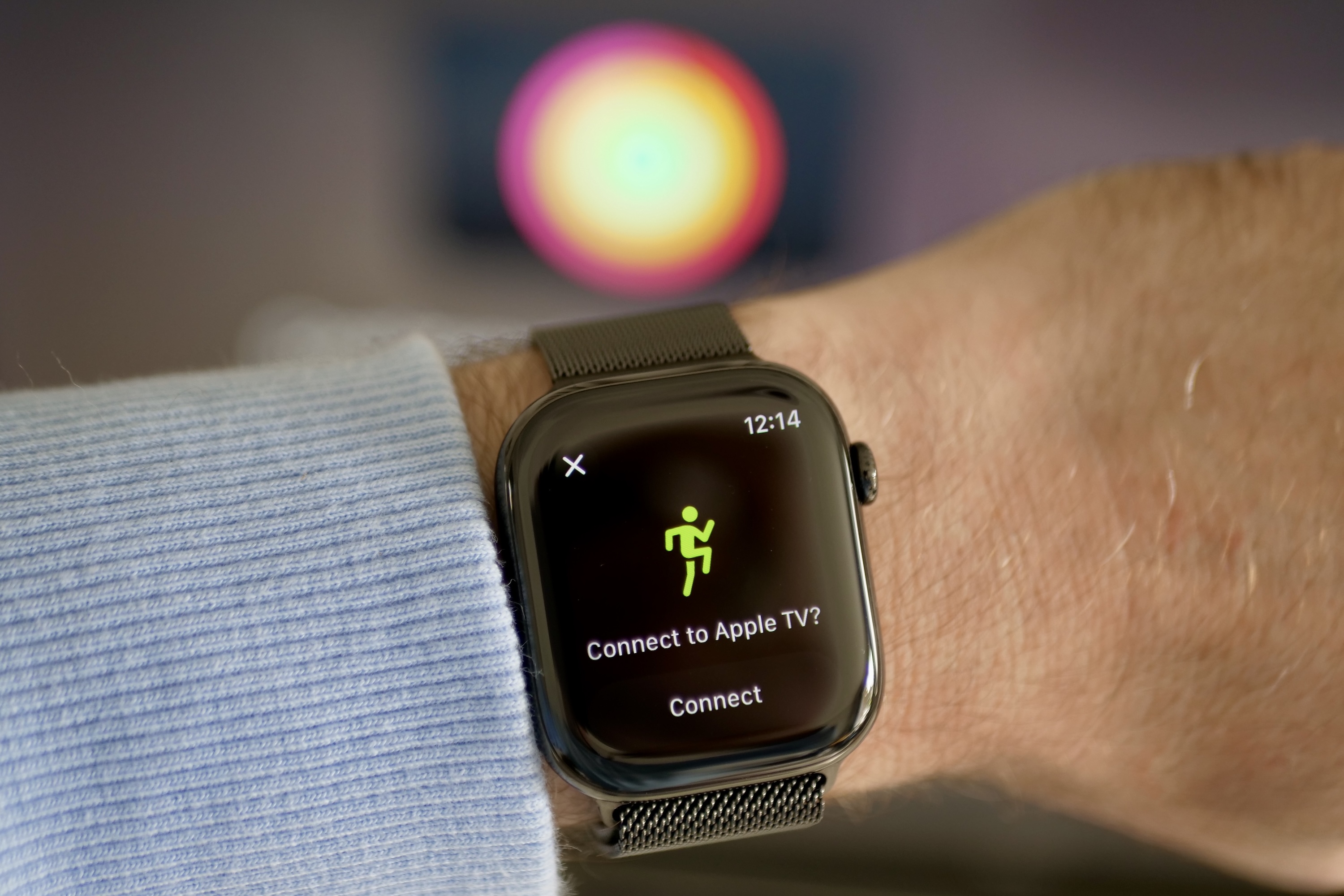
As part of a holistic health approach, I hope we’ll learn more about Apple’s eventual efforts to offer non-invasive glucose monitoring with the Apple Watch. Building an integration akin to the partnership between Oura and Dexcom’s glucose monitors would allow Apple to reinforce its strategic importance to our daily lives.
Tim Cook says that Apple’s biggest impact on humanity will be in Health. While this is already true, an AI doctor would help usher in a new era of health management, while a revamp of Apple Health would make it a must-have health app for even more people. Roll on next month; I can’t wait to see what Apple reveals.
Read the full article here





